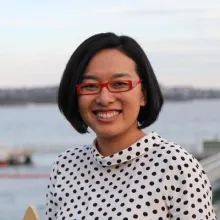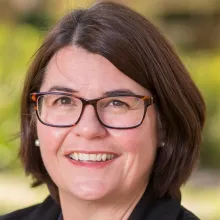Tools for Outcomes Research to Measure and Value Child Health (TORCH) study
The study involves meaningful collaborations between researchers, policymakers, clinicians, child health organisations, and importantly, young people, to co-design the research.
Groups
Project status
Content navigation
About

Here in Australia and internationally we already have robust economic and health technology assessment tools that help inform Government decisions about which medicines and medical services are publicly funded. This includes comparing the costs and benefits of different medicines, where benefits are often measured in terms of improvements in length of life and quality of life, captured in the metric of ‘Quality Adjusted Life Years’ (QALYs). But these metrics have been designed predominantly for adults.
Policymakers identified this gap, and funding was awarded by the Australian Government Medical Research Futures Fund (MRFF) to our interdisciplinary team for a research program to develop and refine methods to measure and value child health, and then to use those methods to generate empirical values to inform policy. This research program is known as the Tools for Outcomes Research to Measure and Value Child Health (TORCH) study.
The TORCH study is designed to address two main overarching research questions:
(i) How to value changes in child health for economic evaluation?
(ii) How do QALYs for child populations compare with QALYs for adult populations?
Visit the official study website
The study utilises a portfolio of available data sources—including a unique database of published studies, ongoing clinical trials, and existing cohort studies—complemented by the generation and analysis of qualitative and quantitative primary data to address the research questions.
The study involves meaningful collaborations between researchers, policymakers, clinicians, child health organisations, and importantly, young people, to co-design the research. These collaborations will ensure that research outcomes are fit-for-purpose and enable knowledge exchange between researchers and policymakers.

Partners



